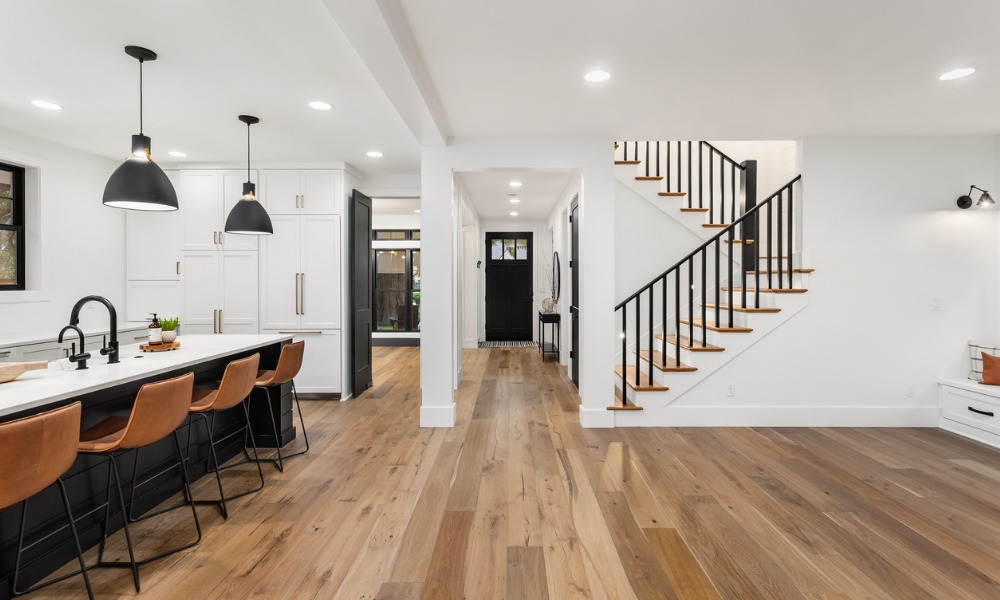Migration trends reshape luxury real estate in Canada

Recent population surges are significantly altering Canada’s luxury real estate landscape, according to Sotheby’s International Realty Canada's latest report.
Data from Statistics Canada showed all major Census Metropolitan Areas (CMAs) experienced their fastest growth since 2001-02 in July 2023. Calgary led with a 5.9% growth rate, followed by Edmonton and Vancouver at 4.1%, Toronto at 3.3%, and Montreal at 2.9%.
Interprovincial and interregional migration trends are also significant indicators of local economic confidence and housing market performance.
The Vancouver CMA saw its largest net loss to interprovincial migration in over 20 years (-4,795 people), while all Ontario CMAs, including Toronto, experienced net losses. In contrast, Alberta surpassed British Columbia in net interprovincial migration gains, with Calgary leading at +26,662.
“While record-setting population gains in Canada’s largest metropolitan areas continue to be powerful influences on the local real estate market, interprovincial and interregional migration patterns are now leading signals for local economic sentiment, core housing demand, and conventional and luxury real estate market performance overall,” said Don Kottick, president and CEO of Sotheby’s International Realty Canada.
Sotheby’s report highlighted varying trends across major Canadian cities.
Despite significant population growth of 221,588 people, Toronto’s luxury market showed only modest gains. Residential real estate sales over $4 million in the Greater Toronto Area increased by 8% year-over-year in the first half of 2024. However, sales over $1 million fell by 10% during the same period.
Surging immigration and record interprovincial migration in Calgary drove sales activity and housing prices to new highs. Top-tier residential real estate sales over $1 million climbed 46% year-over-year, while $4 million-plus sales increased by 75%.
Montreal’s luxury market maintained balanced conditions, with $4 million-plus residential sales volume up 29% from the first half of 2023, and sales over $1 million rising by 25% year over year.
Luxury market sentiment in Vancouver remained muted, with residential sales over $4 million falling 16% compared to the same period last year. Ultra-luxury properties sold over $10 million decreased by 50%.
Read more: Canada's luxury real estate market shrugs off wider slump
Kottick noted that sales activity across most major metropolitan luxury real estate markets has remained steady but subdued in recent months. He attributed this to still-elevated prices and interest rates weighing on consumer decision-making, and an accumulation of top-tier listings supply empowering prospective homebuyers to extend decision-making and delay transactions.
“The migration of residents, and their talent and financial capital away from cities like Toronto and Vancouver to communities in surrounding regions or to provinces such as Alberta foreshadow trends in sales activity, housing prices and real estate market performance,” Kottick said. “This applies to the cities they are leaving and the markets they are moving to, and it applies across the conventional and luxury markets."
Make sure to get all the latest news to your inbox on Canada’s mortgage and housing markets by signing up for our free daily newsletter here.



